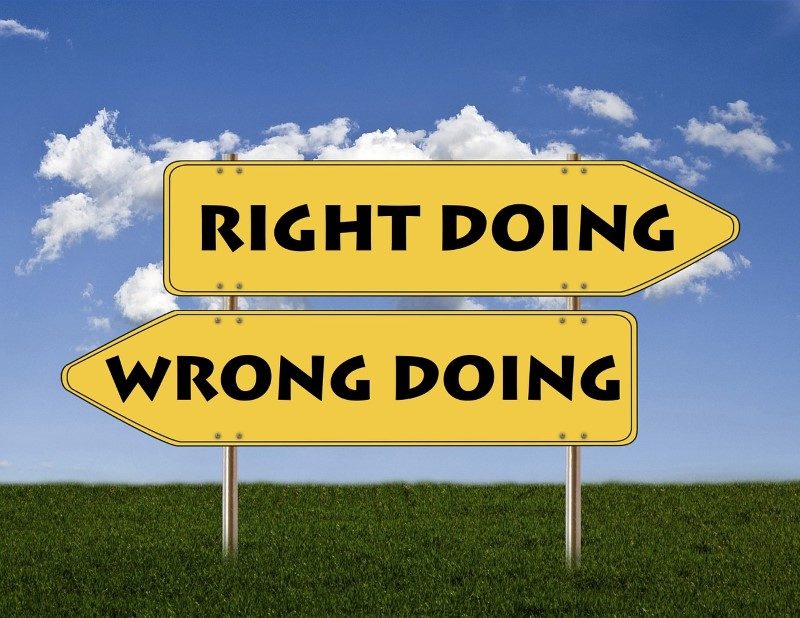Case Study #10: Why DIY is a Bad Strategy for Selling a Business
 Alexis Neely went into law to “save” her dad, who had started out wanting to be an entrepreneur, but ended up as a bit of a con artist.
Alexis Neely went into law to “save” her dad, who had started out wanting to be an entrepreneur, but ended up as a bit of a con artist.
She also hoped that being a lawyer would save her from all the ups and downs she saw her father subjected to.
Alexis could never have guessed she would become an entrepreneur herself, but not before learning a big lesson of her own…
Don’t try to sell your own business, even if you’re a lawyer.
What lawyers aren’t taught
While Alexis did graduate first in her class from Georgetown law in 1999, and went on to work for the prestigious firm of Munger, Tolles, and Olson, she notes that lawyers are taught about the mechanics of very large corporations, not small businesses.
In addition, lawyers don’t often have entrepreneurial mindsets and are stuck in poverty mentalities.
After four years of witnessing this firsthand (and being buried in paperwork instead of the meaningful legal work she hoped to be engaged in), she started her own firm in 2003. Within three years, Alexis was generating $1M/year in revenue.
So, then why sell?
Alexis had a vision for a different type of law firm that wasn’t constrained by a bricks and mortar model. She also had young children and wanted the freedom to work from home without having to go into the office frequently.
So, in 2007, she emailed a professional email list she had curated with a “contest.” “Come work with me side-by-side and buy my practice.” She was deluged with offers and interest, but when she finally made a choice and got into due diligence, that person simply disappeared.
She had already mentally moved on from the business. She was doing TV and was working on a book. So she did what she thought was the next best thing, which was to find someone who had owned a practice for a long time.
Alexis did manage to find a person who had owned his own law practice for 20 years, but what she didn’t know was that he had never been truly financially successful with it. And the reason she didn’t know was…
She didn’t know her numbers
This may be shocking to hear, but Alexis was using “bank account” accounting, meaning she would check the bank account to see if there was enough money in there, and if there was, that meant the business was doing fine, and if there wasn’t, she just went out and earned more money for the firm.
Great hustle chops. Dreadful business owner chops. She didn’t know what kind of reports she should be looking at or how frequently. She wasn’t paying herself a proper salary. And she wasn’t paying her quarterly or payroll taxes on time.
Rather than take the time to get the numbers right, she simply offered a sweet seller-financed deal to this lawyer who had owned his own practice. Even though the revenue was at over $100k/month, she wanted $500,000 in total for the business (she had no concept of a valuation and oddly, no one to advise her to get one) and was willing to take $50,000 down and the rest in an earnout.
It doesn’t work that way
Two short years later, Alexis got the gut-punch telephone call. The lawyer she had “sold” the business to told her that there was no money left and the deal was off. She then went $150,000 into debt to service the remaining clients and wind that company down.
While Alexis opined that you can’t take someone who’s never played at the level of a million dollar business and drop him/her into one and expect success, she placed the blame on herself. Doing everything herself cost her at least $1M.
Biggest Takeways
Years later Alexis notes that she always has financial statements that make 100% sense, that she reviews them weekly, monthly and quarterly, and that she would never again sell a business without using a broker. We could have told her that!



